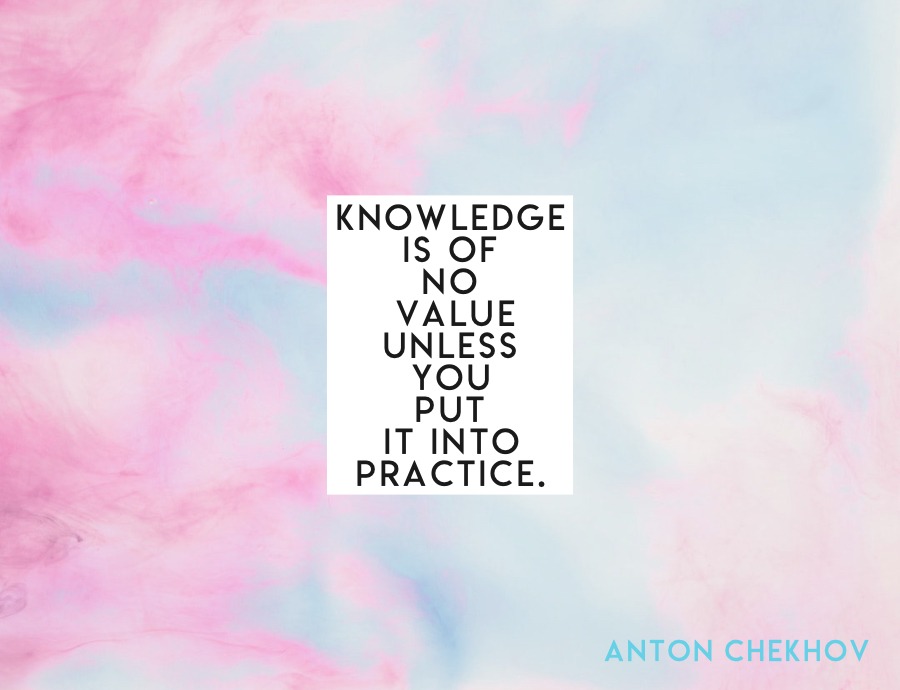Exam Fu is like martial arts movies: the hero trains to solve increasingly difficult problems and improve their life. On the downside students don’t get to skip months of work with a musical montage. On the upside your final exam isn’t an immense evil warlord wielding a seven-bladed sword.
The exam is the most common martial arts movie situation, suddenly being stuck in a room and attacked by several enemies simultaneously. And just like that hero you need to take out the easiest opponent first. If the exam has five or six themed questions then pick your best problem, the one you know you can do, and just knock it out of the park right away.
This changes the whole feel of the exam. After just one question you’re solidly ahead of time, you’ve already got marks in the bank, and by taking one question quickly you’ve broken any mental blocks about facing the rest. You’re already warmed up and rolling. Every question completed gives you more mental room to maneuver, and less distracting stress, so you should shuffle the question order to give yourself an advantage.
Some students simply grind through the exam in order. They decide they don’t “need” to change the order, or think it’s too much extra work. That’s the “extra” work of feeling boosted and ahead of time for the rest of the exam! Besides: not “needing” to prioritize your problems? The entire rest of your life is going to be prioritizing problems! The whole point of getting a degree is qualifying for bigger, better, more difficult problems. Problems were you don’t have a nice little time limit and some lovely examiners ready to tell you exactly how right you got them. So practice these problem-managing skills now while you can.
Remember to tick questions off on the paper as you do them. When you’re rearranging them like this you need to know which you’ve already done. It sounds obvious, but exam halls encourage stress and mistakes. You don’t want to walk out and suddenly remember that you forgot the fourth question. Again, this isn’t extra hassle: creating your own priority lists and tracking them is a skill you already need, even if you don’t know it yet. Prioritization is one of the true life skills they sneak into every other course. The sooner you realize that, the better you’ll get at it.
The best bit is that after everything else is completed you’re left facing the worst problem knowing you can dedicate all the remaining time to its solution. And knowing that you’ve already earned all the other marks. Giving you all the confidence any hero could need.
The exam is the most common martial arts movie situation, suddenly being stuck in a room and attacked by several enemies simultaneously. And just like that hero you need to take out the easiest opponent first. If the exam has five or six themed questions then pick your best problem, the one you know you can do, and just knock it out of the park right away.
This changes the whole feel of the exam. After just one question you’re solidly ahead of time, you’ve already got marks in the bank, and by taking one question quickly you’ve broken any mental blocks about facing the rest. You’re already warmed up and rolling. Every question completed gives you more mental room to maneuver, and less distracting stress, so you should shuffle the question order to give yourself an advantage.
You’ll be prioritizing problems for the rest of your life. Might as well start now!
Some students simply grind through the exam in order. They decide they don’t “need” to change the order, or think it’s too much extra work. That’s the “extra” work of feeling boosted and ahead of time for the rest of the exam! Besides: not “needing” to prioritize your problems? The entire rest of your life is going to be prioritizing problems! The whole point of getting a degree is qualifying for bigger, better, more difficult problems. Problems were you don’t have a nice little time limit and some lovely examiners ready to tell you exactly how right you got them. So practice these problem-managing skills now while you can.
Remember to tick questions off on the paper as you do them. When you’re rearranging them like this you need to know which you’ve already done. It sounds obvious, but exam halls encourage stress and mistakes. You don’t want to walk out and suddenly remember that you forgot the fourth question. Again, this isn’t extra hassle: creating your own priority lists and tracking them is a skill you already need, even if you don’t know it yet. Prioritization is one of the true life skills they sneak into every other course. The sooner you realize that, the better you’ll get at it.
The best bit is that after everything else is completed you’re left facing the worst problem knowing you can dedicate all the remaining time to its solution. And knowing that you’ve already earned all the other marks. Giving you all the confidence any hero could need.








